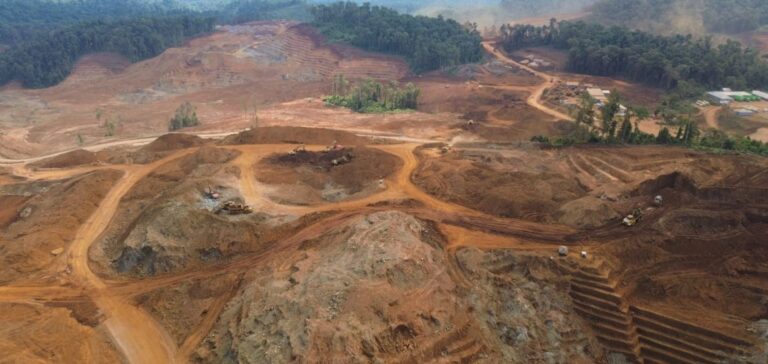Quebec and the Netherlands have signed a letter of intent to develop strategic cooperation on critical and strategic minerals (CSMs). The agreement aims to establish partnerships in key sectors such as value chain integration, research and development, as well as innovation, while focusing on recycling and the circular economy.
Targeted partnerships for enhanced cooperation
The government of Quebec and Dutch authorities have agreed on a collaboration based on identifying specific sectors where both parties can benefit from increased cooperation. The goal of this agreement is to foster exchanges in areas like innovation and raw material transformation, while highlighting high standards in environmental, social, and governance (ESG) criteria. Both governments have also expressed their commitment to facilitating bilateral investments in these sectors.
A strategic position for both parties
Quebec is positioning itself as a key supplier of critical minerals, particularly for sectors linked to renewable energy and the digital transition. On the other hand, the Netherlands, due to its geographical location and developed port infrastructure, plays a central role in the distribution of raw materials across Europe. The agreement seeks to strengthen these ties by leveraging the complementary strengths of both partners.
The role of Dutch expertise
The Netherlands brings specific expertise in water management, financing, and recycling, which are strategic areas for the critical minerals sector. This collaboration enables both nations to leverage their respective strengths to optimise supply chains and increase the competitiveness of both markets. The cooperation could notably encourage innovation in recycling technologies and the sustainable management of resources.
A working group to coordinate initiatives
To ensure the success of this cooperation, a working group will be established to coordinate projects of mutual interest. This group will consist of representatives from both governments, who will work together to develop concrete and effective solutions under this strategic agreement.





















